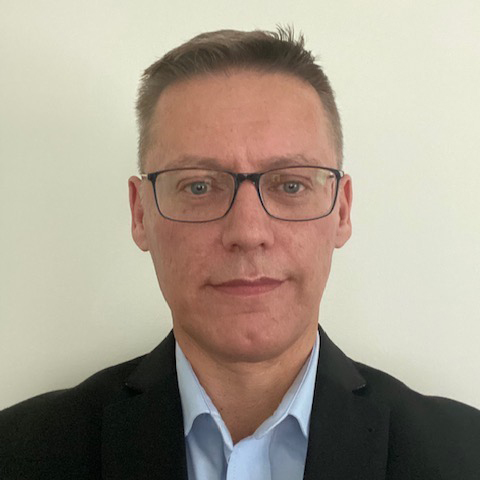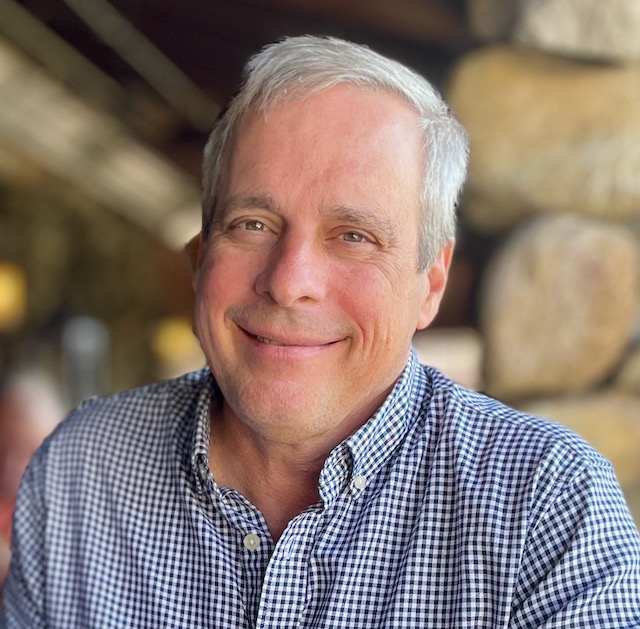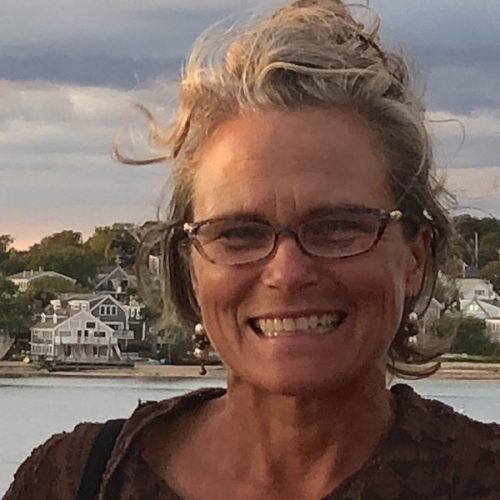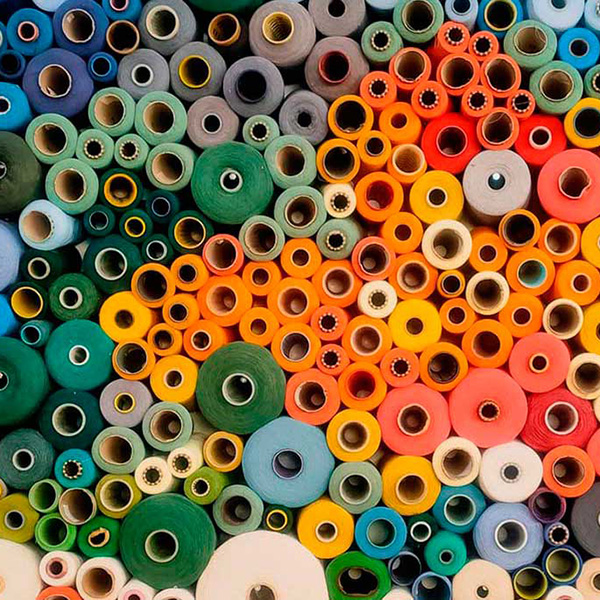Event sponsored by URI Plastics: Land to Sea and Rhode Island Sea Grant

WATCH RECORDING! (Passcode: GrTi%tO9)
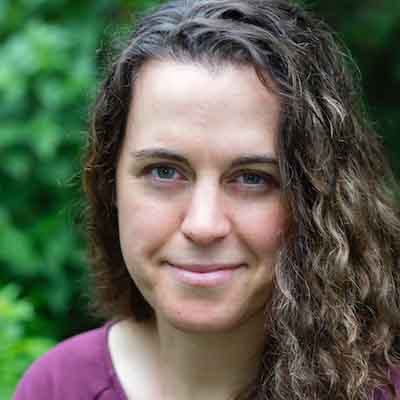
Nineteenth-century industrial plastics, though derived from natural sources like cellulose or latex, foreshadowed contemporary concerns, posing significant implications for human health, human rights, and the environment. Then, as now, plastics relied on toxic solvents and additives, as well as exploitative raw material extraction, which led to occupational and community hazards, displacement, resource depletion, human rights violations and deforestation.
Writer and sociologist Dr. Rebecca Altman‘s talk, “Then As Now: How Plastics Histories Can Inform Present Efforts to Reduce Future Plastic Pollution,” is the first of the “Empowering Plastics Solutions” seminar series, organized by URI Plastics: Land to Sea. This discussion will bring this little-known history to bear on contemporary policy efforts to reduce the evolutionary and planetary pressures plastics presently exert.
Altman(she/her) is the daughter of a former plastics maker, a URI chemical engineering alum. She now holds a PhD in environmental sociology from Brown University and writes about plastics (as well as PFAS) history for the public. Recent essays have appeared in Science, The Atlantic, The Washinton Post, and Aeon Magazine. She also has guest-edited a series of four acclaimed essays on plastics and petrochemistry for the environmental literary magazine, Orion. Rebecca lives in Providence, serves on the Board of Directors of the Science and Environmental Health Network, and is finishing work on her first book, The Song of Styrene: An Intimate History of Plastics, to be published by Scribner Books and Oneworld (UK).



